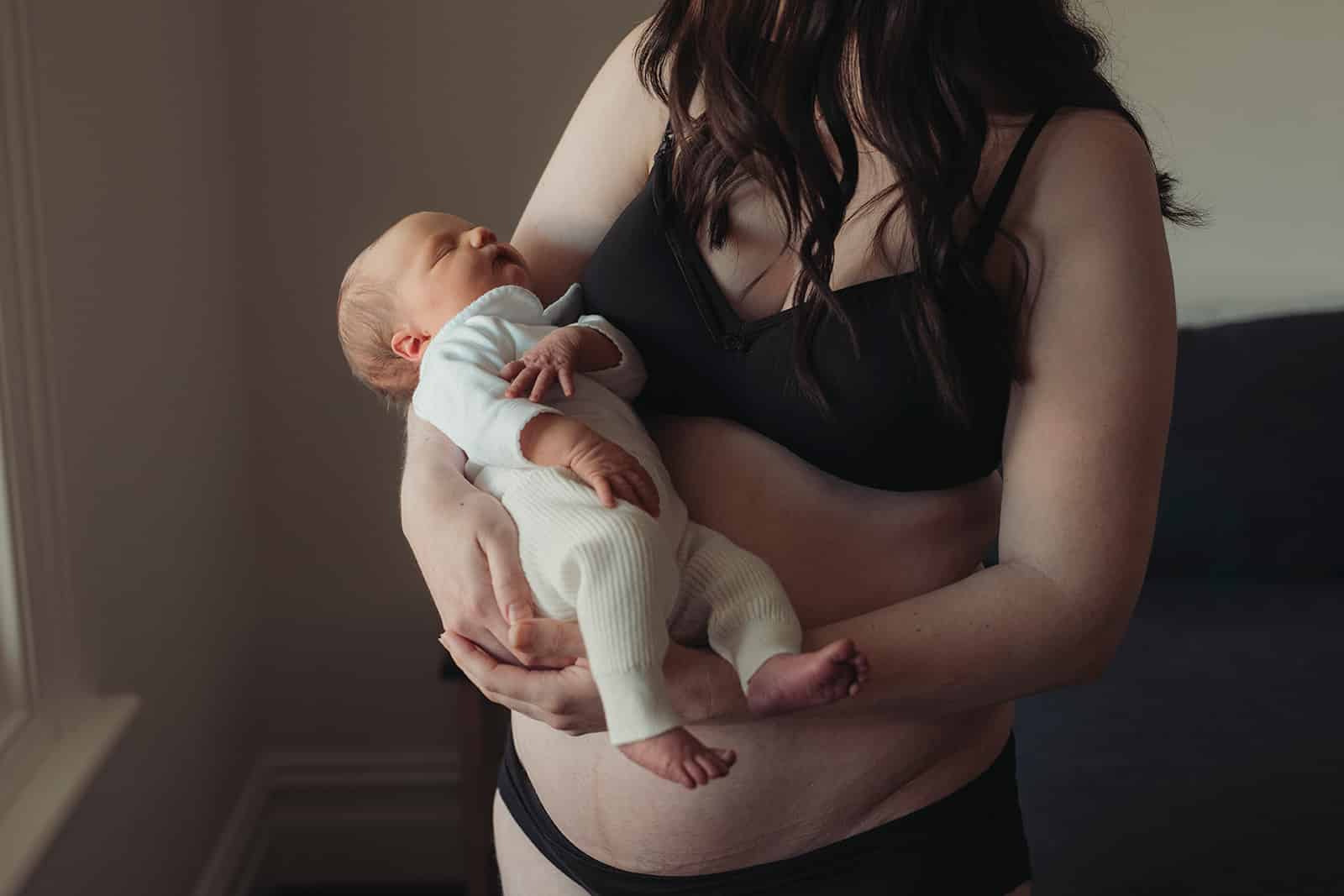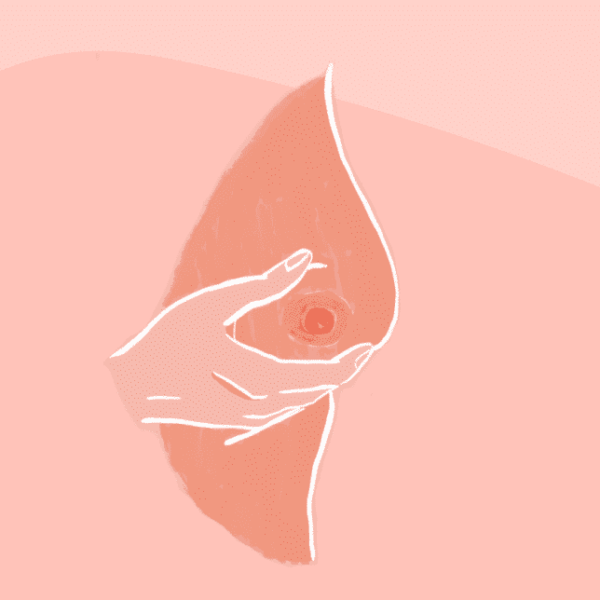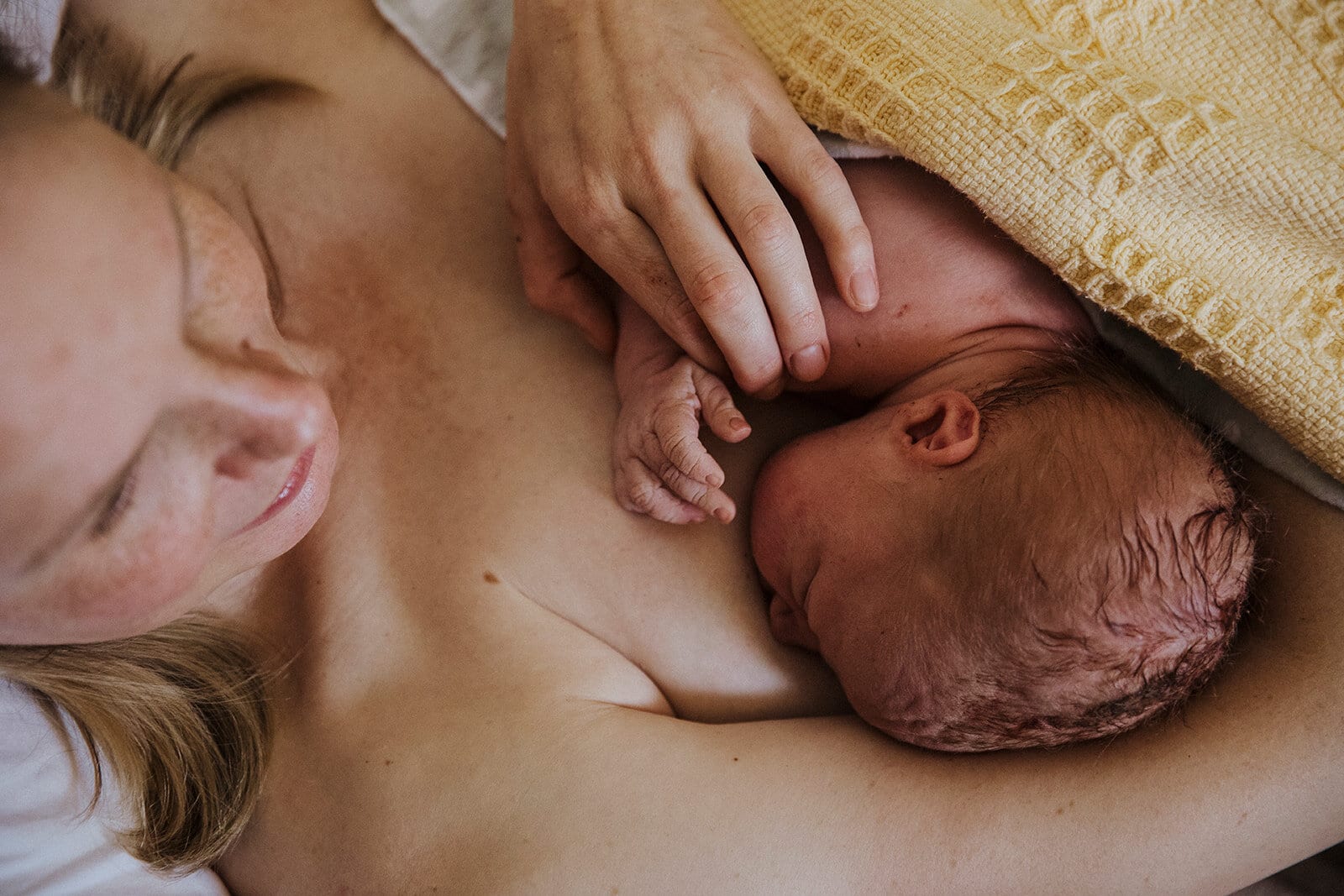Postpartum A Quick Guide to Breastfeeding
A Quick Guide to Breastfeeding

If you’re new to breastfeeding (or you’re currently pregnant and planning to breastfeed), you’ve come to the right place.
If you’re currently pregnant and preparing to breastfeed, you’ll love The Breastfeeding Guide which you can access HERE
Breastfeeding may be the next natural step after birth but that doesn’t mean it’s easy. In fact, many mothers admit that it took them 6 – 8 weeks to establish a good breastfeeding rhythm and often, there’s a lot of hurdles before you get to that easy feeding stage.
Support and persistence is essential but there’s also so much about breastfeeding that may come as a surprise (but is also incredibly charming…perhaps even magical!). This quick guide to breastfeeding may fill in some of your knowledge gaps and will hopefully encourage you to actively prepare for your feeding journey.
Is there anything I can do to prepare for breastfeeding?
YES!
Learn about breastfeeding
What prompts your body to make milk, how your baby encourages more milk production, what a good latch looks like and what you can expect in the first days and weeks post-birth.
Understand the benefits of antenatal expressing
Most women spend under two hours with their care provider during pregnancy, hence you need to be proactive with your birth education. Many midwives and obstetricians sing the praises of antenatal expressing but it’s not something that often gets discussed. Raise it with them, ask if you’re a suitable candidate and get to know your breasts and nipples while you express.
Find a local lactation consultant (LC)
Having the name and phone number of a local and recommended LC on hand for the first few weeks and months of feeding (when problems are most likely to arise) is very comforting.
Organise a basket of breastfeeding essentials
For beside the bed and the lounge so they’re within easy reach. Think a water bottle with straw, snacks, a night light, wipes and burping cloths.
Plan for postpartum and breastfeeding
Breastfeeding requires perseverance and patience, support and encouragement. Prioritise rest, hydration, warmth and skin on skin daily. And remember: keep distractions and stressors to a minimum.
What is cluster feeding?
When your newborn won’t stop feeding (or feeds for 45 minutes, naps for 15minutes, then feeds again), this is called cluster feeding. It’s a normal, healthy and expected stage in your breastfeeding journey.
Cluster feeding is when your baby feeds frequently and for longer periods and they do it for two main reasons:
- The primary milk production hormone is prolactin which is released from your brain. Your prolactin levels are highest in the middle of the night and the early hours of the morning and they gradually lower throughout the day. By late afternoon and early evening, your prolactin levels may have lowered enough to slow your milk production. Every time your baby feeds, prolactin is drained from the breast which encourages your brain to release more, hence why your baby typically cluster feeds in the early evening.
- Your baby feeding is a crucial part of the milk production process! Every time they suck, they’re communicating and telling your milk glands how much milk they need. More feeds = more milk, hence cluster feeding is an efficient way for your baby to build your milk supply, fill their belly and eventually stretch out the time between feeds. Cluster feeding is when your baby is simply bunching a lot of feeds together in a short period of time and they may do it around times of illness and developmental leaps, too.
It’s important to note that breastfeeding isn’t just about feeding; your baby is comforted and soothed by breastmilk because it contains so many settling and calming hormones. Your breast is also a warm place and one they know well; it’s here that they can tune in to the rhythm of your breath and the beat of your heart, just like they did in utero.
Did you know that your baby’s saliva is a messenger service?
When your baby is breastfeeding, her saliva enters your body through the nipple and tells your body exactly what it needs. Breastfeeding is a private conversation between mother and baby where your baby asks and promptly receives what they need. It’s really quite amazing.
The composition of breastmilk changes in response to your baby’s saliva; if pathogens are detected, your body creates antibodies to fight the infection and those antibodies travel through breast milk back into your baby. The same goes for nutritional composition; breastmilk changes every day, according to the specific, individual needs of your baby. Your breastmilk is an ever changing, bespoke recipe that’s guided by your baby’s nutritional and immunological needs.
Categories
Related Products
-
Breastfeeding Guide
3 reviews$29.00A guide to inspire pregnant women to prepare for their breastfeeding journey.
Get your copy of our Perineal Massage Guide in your inbox
Keep Reading
We think you might enjoy these articles

Why planning for postpartum is just as important as planning for birth – and how to do it right

Cracked Nipples: Causes, Treatment and Prevention

Caesarean Birth Recovery

What is a C-Section Shelf?
@AustralianBirthStories
Follow along with us
@AustralianBirthStories
Follow along with us
@AustralianBirthStories
Follow along with us
@AustralianBirthStories
Follow along with us
@AustralianBirthStories
Follow along with us
@AustralianBirthStories
Follow along with us
@AustralianBirthStories
Follow along with us
@AustralianBirthStories
Follow along with us
@AustralianBirthStories
Follow along with us
@AustralianBirthStories
Follow along with us
@AustralianBirthStories
Follow along with us
@AustralianBirthStories
Follow along with us




